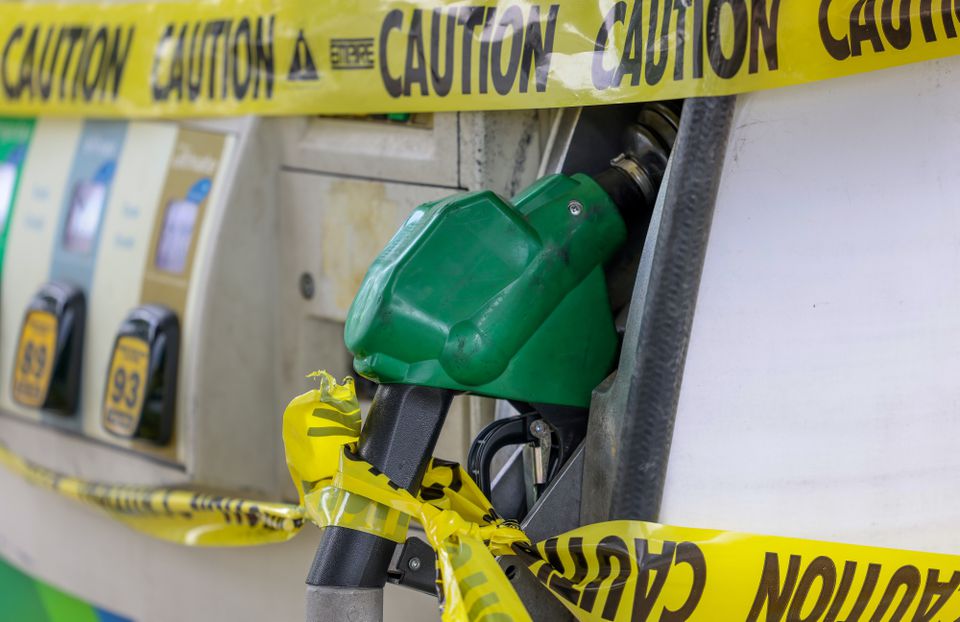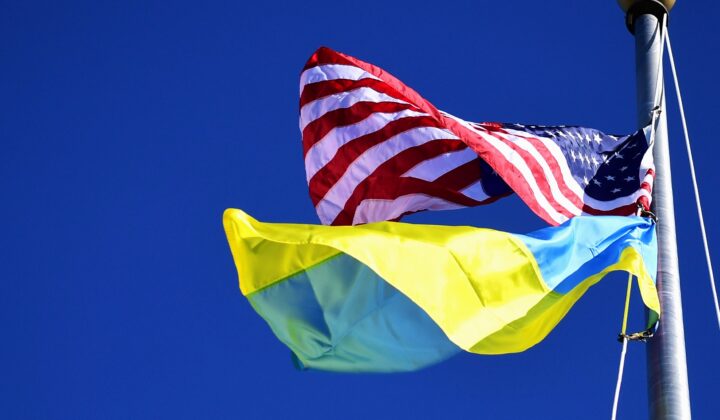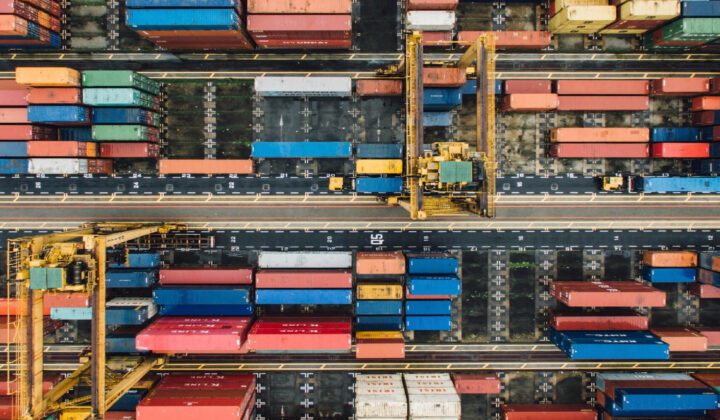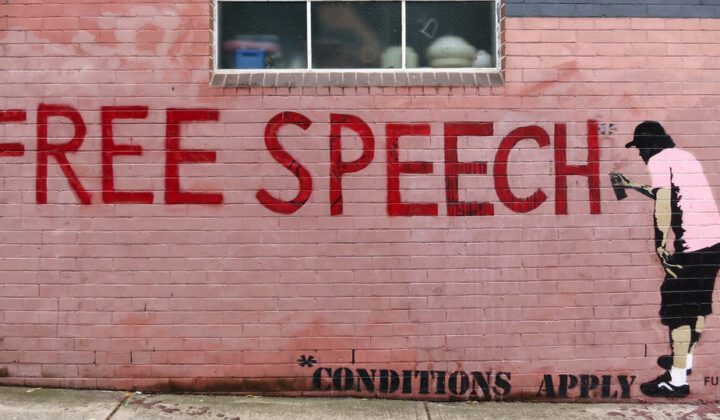The network breach which caused the Colonial Pipeline to shut down has destabilized the American fuel market. Americans started panic buying gasoline, prices spiked to six-year highs, and shortages continue to be widespread. In Washington D.C., nine out of ten gas stations completely ran out of fuel last Friday. The group behind the attack, an Eastern European hacking organization known as DarkSide, has no known ties to any government or intelligence agency. They demanded and received a relatively small ransom of $5 million, but have since announced that they’re shutting down, “due to the pressure from the US.”
Meanwhile, across the Atlantic, construction workers are finalizing another petroleum pipeline, Nord Stream 2. Though controversial since its inception, Germany has justified Nord Stream 2, an addition to the original Nord Stream pipeline linking Russia and Germany through the Baltic Sea, as necessary to transition away from nuclear and coal-fired power plants.
With the shutdown of the Colonial Pipeline highlighting the vulnerability of petroleum supply chains to sudden shocks, the Nord Stream 2 pipeline is facing renewed skepticism. If an Eastern European criminal organization can cripple American gas transportation on the East Coast, what could Putin’s Russia do with control of 30 percent of Europe’s natural gas?
Why did Germany pursue Nord Stream 2 in the first place?
Since its inception, the Nord Stream project has been mired in controversy. The first pipeline was greenlit by Merkel’s predecessor, Chancellor Gerhard Schröder, shortly before he left office in 2005. Almost immediately after stepping down, Schröder signed a lucrative contract with the Russian state-owned gas company, Gazprom (which is responsible for both Nord Stream pipeline projects), and has been on Russian payrolls ever since. Despite this rather suspect beginning, the Nord Stream project continued on and was inaugurated in 2011.
But this was not enough to sate Germany’s appetite for Russian gas. In the aftermath of the Fukushima disaster in 2011, widespread protests against nuclear energy spread across Germany. Giving into the pressure, Merkel announced that she would phase out nuclear power by 2022. With no suitable alternative, Germany turned to burning high-polluting brown coal and increased its reliance on Russian petroleum, leading to the inception of another pipeline, Nord Stream 2, alongside the original.
The German government has continuously defended the Nord Stream projects as mere business deals, but lately they’ve had to defend the pipeline in more overtly political terms. The current German stance is that increasing economic ties to Russia can strengthen Europe’s influence over the country. As German President Frank-Walter Steinmeier puts it, “burning bridges [with Russia] is not a sign of strength.”
This approach also aligns with a long-held principle at the heart of Germany’s eastern policy, that of Wandel durch Annäherung, or change through rapprochement. The Germans subscribe to the notion that Russian money is politically neutral, despite the fact that Putin’s allies control Russian industry and the Nord Stream deals have both been with a state-owned company.
Unsurprisingly, many nations have not found these arguments particularly convincing. The Ukrainian and Polish foreign ministers wrote that Russia’s interest in the project is to “strengthen its grip on Europe’s gas supply and untether Ukraine from the rest of Europe,” asserting that the pipeline would provide Putin with “a weapon more menacing and more readily employable than Russia’s nuclear stockpile.” As Secretary of State Antony Blinken put it, Nord Stream 2 “is a Russian geopolitical project intended to divide Europe and weaken European energy security.”
Clearly, members of the international community do not share Merkel’s confidence that giving Putin control over an ever-increasing share of Europe’s energy is nothing more than a run-of-the-mill business deal.
Would Putin really shut off the pipeline?
This wouldn’t be the first time.
In 2006 and 2009, the Kremlin cut off fuel to Ukraine and, by extension, much of Europe. Russia has certainly shown no qualms about playing a destabilizing rolein Europe’s political infrastructure, so intervention into Europe’s energy infrastructure would be par for the course.
After all, Russia’s interests in the pipeline are distinctly political. Nord Stream 2 will expand Russia’s ability to sell natural gas to Europe without transporting it through Ukraine, thereby diminishing Ukraine’s leverage and enabling Putin to freely continue his war of expansion in Eastern Ukraine.
At the same time, Germany will have sacrificed its own leverage over Russia. How can Germany pressure Russia on human rights (or anything else) when Putin can turn off their lights with the flip of a switch?
Why should we care?
The first Nord Stream pipeline was a Russian political project greased with corrupt money. The second will divide European interests, threaten Ukraine, and make Germany even more reliant on an illiberal, anti-Western government controlled by an autocrat.
After the DarkSide hack triggered a serious disruption to the American fuel sector, it may be hard for Americans to consider themselves lucky. $5 million, though, is a small price to pay to regain control of an oil pipeline. With Germany now offering up control of its natural gas sector to Putin with eyes wide open, one can only imagine the sort of ransom he could demand.
A divided, isolated West is among Russia’s primary goals, and they seem to have secured a victory with Nord Stream 2.





